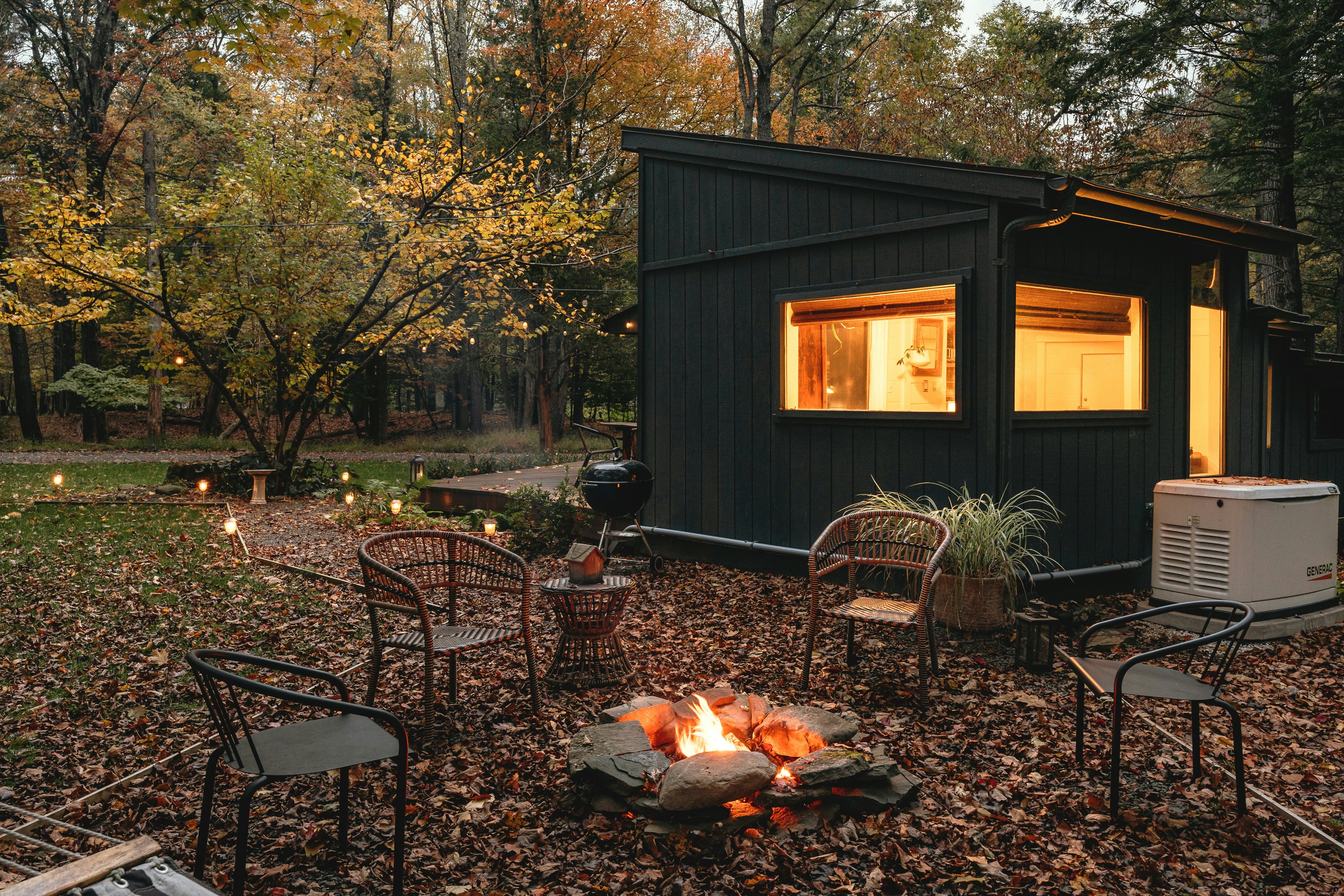As you dive into first time buying a home tips, one of the most powerful mindsets you can adopt is to view your home as more than just a place to live.
Think of it as a financial tool—one that holds the potential to grow your wealth over time. Unlike other big purchases, a home can appreciate in value while offering options for passive income and future investment opportunities. Considering your home’s future potential can transform your purchase into both a personal haven and a smart financial choice. This post shares first time buying a home tips to help you choose a property that builds future wealth.
Step 1: Selecting Locations with High Demand Potential
1. Growth Areas and Trends: Look for neighborhoods with steady growth, job opportunities, new infrastructure, or amenities that signal long-term value. Areas with strong job markets and major employers often attract consistent renters and future buyers.
Following these trends is a first time buying a home tip that can significantly boost your home’s value over time.
2. Future Development Plans: Researching planned developments, such as public transportation, shopping districts, or school expansions, can provide insight into an area’s potential growth. Often, these developments signal increasing demand, which typically translates to higher property values.
3. Desirability Factors: Consider aspects like walkability, proximity to parks, quality of schools, and safety. Homes in neighborhoods with strong community amenities often appreciate faster and retain value, making them a wise choice for first-time buyers looking to build wealth.
If you’re not sure where to start, this post about finding the perfect neighborhood can guide you through the process. For a deeper dive, check out the Mastering the Art of Neighborhood Selection mini course, designed to help you identify the best location for your lifestyle and future goals.
By focusing on locations with high demand potential, you’re setting yourself up for a purchase that’s not just a home but a long-term investment in your future.

Step 2: How Property Type Influences Future Income Opportunities
Another crucial first time buying a home tip is to understand how different property types can impact your ability to generate income. While a single-family home may offer privacy and simplicity, properties with rental potential can unlock new income streams. Here’s how to think about property types with income potential:
1. Multi-Family Homes or Duplexes: Multi-family homes or duplexes let you live in one unit and rent out others to help cover your mortgage. You can even create passive income. House hacking, renting part of your home while living in it, is a great way to maximize your investment.
2. Homes with ADUs (Accessory Dwelling Units): If a duplex isn’t for you, consider a single-family home with an ADU or a garage that could be converted into a rental unit. ADUs offer flexibility for rental income while preserving the traditional single-family feel of the home.
3. Single-Family Homes with Rental Potential: A single-family home can become an asset if it has features that appeal to renters. Examples could include a guest house or basement apartment. Think about whether the layout, space, or location would support options for rental platforms like Airbnb. You may even have opportunities for unique uses like film shoots. Curious how that works? Curious? Learn how I made $2,000 in one day renting my home for a film shoot.
Choosing a property type with future income potential not only helps pay down your mortgage but can also create an additional revenue stream that builds wealth over time. For those looking to get the most out of their investment, exploring these options can be a game-changer.
Step 3: Setting Financial Goals for Your Home as an Asset
An essential first time buying a home tip is to create a financial game plan. Buying a home with a clear set of financial goals in mind allows you to evaluate its potential as an asset rather than just as a living space. Here’s how to approach this:
1. Create a Mini Financial Plan: Before you dive into buying, take a moment to dream big and map out your financial goals. Picture how this home fits into your future: What’s your ideal mortgage payment? Could rental income help cover costs? Maybe a few smart upgrades could boost its value down the road. Think about what you’d love to achieve—whether it’s watching your home appreciate over time or creating a steady stream of income. This is your chance to plan for a property that works for you, not just today but for years to come.
2. Budget for Future Enhancements: Homes that allow for improvements can often be turned into better assets. If you buy a fixer-upper, set aside funds for renovations that will boost the home’s appeal and value. Even small updates like landscaping, adding energy-efficient features, or updating kitchens and bathrooms can have a high return on investment.
3. Consider the Resale Market: A key aspect of buying a home with asset value is understanding its potential resale value. Ask yourself if this home has features that will make it attractive in five, ten, or even fifteen years. Look at comparable homes in the area and see how their value has changed over time.
Setting these financial goals ensures that every decision you make—from location to property type—is aligned with a plan to maximize the value of your purchase. This first time buying a home tip is a proactive approach to making sure your home isn’t just a place to live but a step towards financial growth.
Conclusion: Buy with the Future in Mind
Buying your first home is a huge milestone, and approaching it with an asset-focused mindset can turn it into a powerful financial decision. By selecting a location with high demand potential, choosing property types that offer future income opportunities, and setting clear financial goals, you’re building a foundation for future wealth. These first time buying a home tips go beyond the basics, showing how, with a bit of planning, your first home can offer you financial returns and open doors to future possibilities. Remember, buying a home is about creating stability and security today, with an eye toward financial freedom tomorrow.
